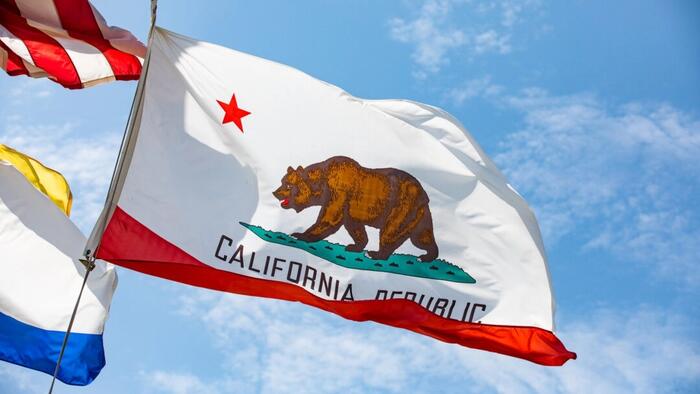


Authored by Sophie Li via The Epoch Times,
A wave of new California laws will take effect on July 1, touching nearly every corner of life, from subscriptions and short-term rentals to wages and student mental health.
Part of a broader package signed by Gov. Gavin Newsom during his latest legislative session, the measures aim to boost transparency, expand health coverage, raise wages, and improve access to legal and mental health support.
Here are some of the new laws.
AB 2202 requires short-term rental hosts, platforms, and anyone else listing the property to disclose all extra charges or penalties—such as cleaning fees—that will apply if guests fail to complete end-of-stay chores.
Rental hosts must detail those tasks before a booking is made. According to the legislation, platforms such as Airbnb are also responsible for ensuring that disclosures are made.
Violators face fines of up to $10,000 per offense.
The legislation builds on a 2023 law requiring all mandatory costs—including service and cleaning fees—to be listed upfront in rental and hotel listings.
AB 2863 mandates that companies offering subscriptions—such as streaming services or memberships—make it as easy to cancel as it is to sign up.
Companies must also send annual reminders with pricing and cancellation details, including a direct “click-to-cancel” link. Renewals after free trials or initial contract periods now require customer approval.
The law applies to contracts entered into, amended, or extended on or after July 1.
SB 1144 targets retail theft by requiring online marketplaces such as eBay and Facebook Marketplace to verify the identity of high-volume sellers, defined as those who complete 200 or more transactions involving at least $5,000 in new or unused goods annually.
The law also requires the online platform to notify law enforcement agencies when it identifies potentially stolen item sellers.
AB 2375 requires bars and nightclubs with Type 48 licenses to provide drink lids upon request and post signage informing patrons of their availability.
The measure, intended to combat drink spiking, follows a 2023 law requiring such establishments to offer drug-testing kits, including test strips or straws that detect substances such as Rohypnol and ketamine.
This law applies to more than 2,500 bars and nightclubs across the state, where minors are not allowed, and whether or not the business serves food.
Several cities and counties will raise their minimum wage on July 1 as follows:
The statewide minimum remains $16.50. Some industries—such as the hotel and fast food sectors—have higher local minimums.
SB 1350 extends Cal/OSHA health and safety protections to domestic workers—such as house cleaners, caregivers, and cooks—regardless of whether they are employed temporarily or permanently.
SB 1063 requires middle and high school ID cards to display the 988 Suicide & Crisis Lifeline number. Schools are also encouraged to add QR codes linking to local mental health resources.
AB 438 moves up the start of postsecondary planning for students with special needs to the beginning of high school, rather than age 16, when deemed appropriate by their Individualized Education Program (IEP) team.
SB 42 requires that family members or caretakers be notified and kept informed about proceedings under the CARE Act, which allows them to petition for court-mandated treatment plans for individuals with certain mental health conditions.
SB 729 requires most employers that offer health insurance to include coverage for infertility diagnosis and treatment, including in vitro fertilization (IVF).
Religious employers are exempt from the law, and the California Public Employees’ Retirement System (CalPERS)—the agency that manages pension and health benefits for state workers—will not be required to offer this coverage until July 1, 2027.
At Newsom’s request, implementation was delayed until January 2026 to allow time to update California’s benchmark plan and clarify insurer obligations.
